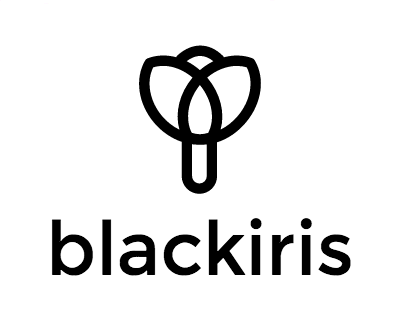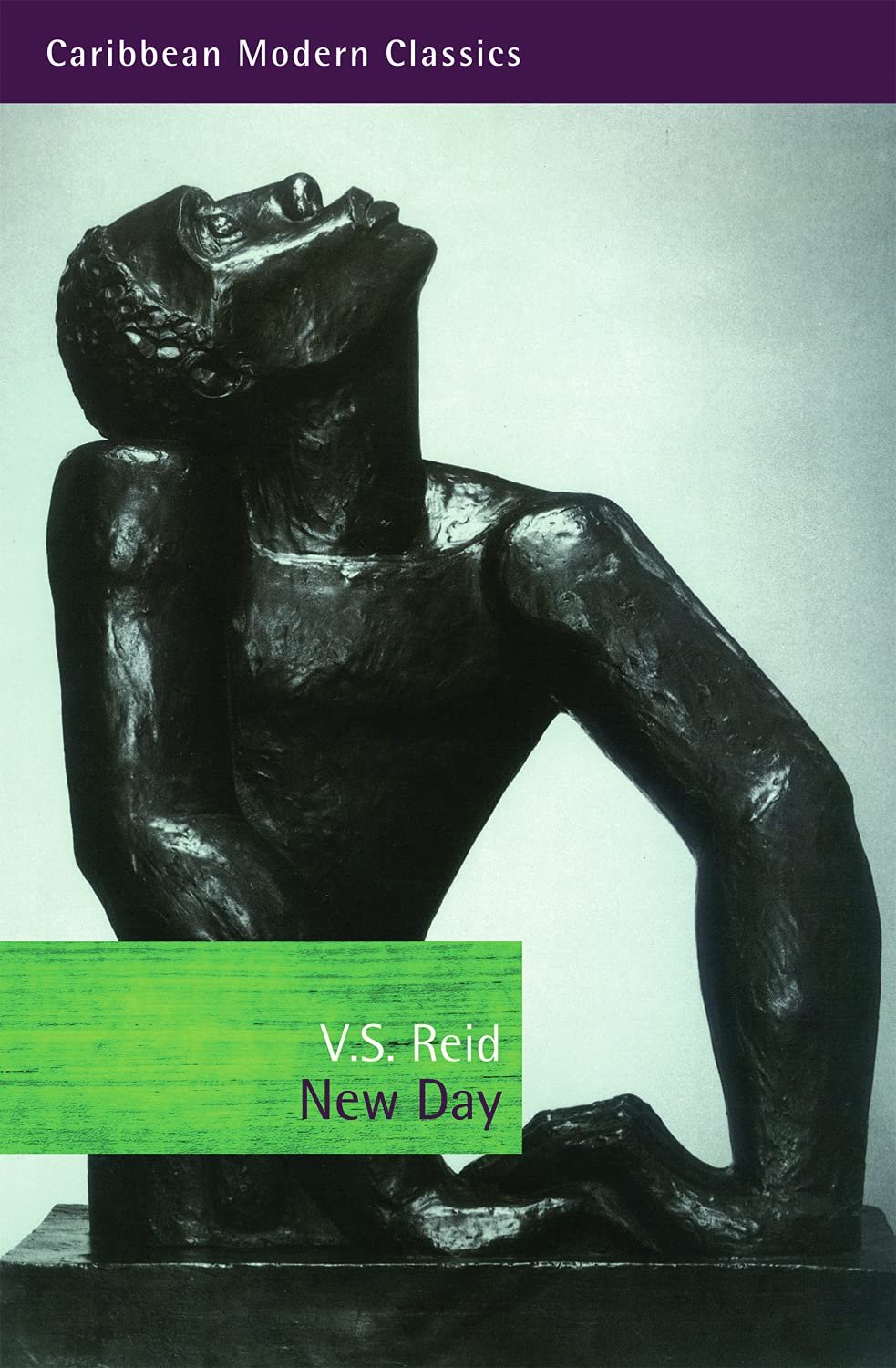Memories of Jamaican Independence - August 6, 1962
This week Jamaicans celebrate 62 years of independence. It’s as good a time as any to remember our spiritual roots and cultural values and the reasons why we demanded our independence in the first place. In this piece, Rachel Manley, Lorna Goodison, the late Montreal activist Noel Alexander and other prominent Jamaican-Canadians share their memories of Jamaican Independence.
******
LORNA GOODISON
Poet and author, Halfmoon Bay, B.C.
Lorna Goodison
I was a schoolgirl standing in the National Stadium when the Union Jack went down and the Jamaican flag went up and everybody's heart swelled with pride. There was this sense of hope and possibility about the future, although people weren't exactly sure what they were hopeful for.
I remember the music. Ska was all the rage and many of those songs have become part of the soundtrack of my own life. Derek Morgan's Forward March became an independence anthem; Desmond Dekker and The Aces had a big hit with Honour your Mother and Your Father; and Jimmy Cliff burst on to the scene with Hurricane Hattie.
I also remember going to see a performance of the National Dance Theatre Company which was founded in 1962 at the time of independence. Rex Nettleford, Eddy Thomas and Neville Black were the artistic minds behind it, and they were each in their own way brilliant choreographers and dancers. Yvonne DaCosta was the female lead dancer, and she was stunning.
I also remember that I became very interested in reading stories and poems written by Jamaicans. Vic Reid became a great favourite of mine for his skilful use of Jamaican vernacular and his New Day is still a book I credit with helping me to shape my own voice as a writer. My memories of independence mainly had to do with what was happening in the arts, and a lot of what was being shaped then was informed by the sense that we were coming into our own as a people, and that we should have our own everything, including our own flag.
Of course, there were some people who saw independence as the beginning of the end for Jamaica. I remember the discussion surrounding the design of the Jamaican flag. This is probably an apocryphal story, but one politician is rumoured to have said he didn't care what the Jamaican flag looked like as long as it had some red, white and blue in it. There was also a report that the Queen was giving Up Park Camp – where the British Regiment was billeted – as a generous gesture to the Jamaican people. But I kept thinking, what choice does she have? She cannot roll up the camp in her purse and take it home. And, anyway, how could she give us something that was already ours?
NOEL ALEXANDER (1933-2021)
President of the Jamaican Association of Montreal from 1980-1986; 1988-2016
Noel Alexander
I left Jamaica in 1958. I had become very disenchanted with Caribbean politics. I was also disappointed at the failure of the dream of a West Indies Federation. I felt we had missed an opportunity.
I was in England for the island's independence in 1962. I felt very proud. Jamaican politicians had put aside their differences. Norman Manley and Alexander Bustamante had worked together to bring a delegation to England to make the case for independence – And they got it!
I was a welder by trade. With Independence, I thought of going home to teach. But I felt I needed more foreign experience. Still, like a lot of Jamaicans, I was very excited about what was happening. We really felt like we had succeeded in doing something. On Independence Day we went to different parties in Brixton. We ate and drank. The High Commissioner in London invited us to his home. We raised a glass and wished Jamaica "bon voyage" because we knew the journey was going to be tough. But we knew that with great politicians like Norman Manley, Alexander Bustamante and the Hill Brothers, our country was in great hands.
After I moved to Montreal in the 1970s, I wanted to continue to celebrate Jamaica’s independence. I created the first Jamaica Day in 1980. We went to Kent Park and gave out free ackee and saltfish and rum. The city has celebrated Jamaican Day ever since.
KEMEEL AZAN (1938- 2023)
Owner, Azan’s Hair Salon, Toronto
Kemeel Azan with Veronica Grant, one of his many clients (photo courtesy of Azan Family).
The Jamaican coat of arms is based on the one granted to the island in the late 17th century. Underneath reads our motto "Out of many, one people." Looking at that coat of arms I realize that right from the start Jamaica was a very special people. When you stop to think of it: Not one of the crops was indigenous to the island; not sugar cane, nor coconut, nor rice, nor ginger, nor bananas, nor mangoes, nor breadfruit. The crops were not indigenous – and neither were most of the people. And yet, today, Jamaica is one of the most influential places on the face of the Earth: its people, its culture, its music. We are an extremely talented people.
Jamaica coat of arms
At Jamaica's independence I was a young man in Toronto. I had just opened up my business. It was six months old. I wondered if I would survive. I wasn't thinking much about independence. But I do remember waking up the day after the event and realizing Jamaica was an independent nation. I felt so proud. I am just as proud to be Jamaican as I was then, if not prouder, because we are a nation of tremendous diversity.
CARMEN NEMBHARDT
Honorary Consul of Jamaica, Winnipeg
I was raised in Kingston and grew up as a British subject. Although, I knew we would still be part of the British Commonwealth and still be governed by British common law, as we are to this day, I was uncertain: Would things really change? I remember before Independence when things were so British I always wondered: Where were the Jamaicans who worked in the banks? Where were the Jamaicans who worked in the stores? There were no dark-skinned faces.
Carmen Nembhardt
They said things would change after Independence and little by little they did. And you got the feeling that this lovely island, this beautiful land, was really ours. Dark faces were in the banks; kids didn't have to come from fantastic rich homes to get into high school and college.
Developing a new country is challenging because suddenly you have to do the governing you have never done before. But now we actually owned the land we belonged to! After Independence, Jamaicans were even in charge of their own ceremonies. I remember when we got our first black Governor General. Before that they were always white and British.
I came to Canada just after Independence. It wasn't the best time to leave Jamaica, but I was already enrolled in the University of Manitoba. But you always go back – to a place where you still belong and your people are in charge, in every way.
RACHEL MANLEY
Author, granddaughter of former Jamaican premier Norman Washington Manley, Toronto
Rachel Manley
My memories of Independence are not totally as joyous as most of the Jamaicans I know. It was 1962 – I was about 16 – and I had grown up with my grandparents. I was very much part of my grandfather's dream of federation. I have wonderful memories of people telling me that my grandfather was out building the nation; I figured it was just a larger version of his carpentry, as he had built our cottage.
The nation he was building was not Jamaica alone, but the wider federation of the Caribbean. We were getting ready to be born, we would be a family of 10 – 10 sibling islands. He would show me the map of the Caribbean and there were our sisters and brothers, and then our cousins, the French islands and the Dutch and the Spanish. It all seemed so exciting. And many people forget we were actually a federation, a legal entity, for two years headquartered in Trinidad with our federal flag. But my grandfather took the question of federation to the Jamaican people, and we lost the referendum.
My grandfather very nobly went to negotiate with Britain for our national independence. He was successful. Now Jamaica would be an only child. That was a heartbreaking thought for me, and still is. I am an unrepentant federalist.
Norman Washington Manley
My grandfather, then premier, was narrowly defeated in the next election. So, Independence was a sad time for me, seeing another party lead us into the independence my grandfather’s work had forged. I have ambivalence about the time.
What I do remember and do attach to that time is the joy of that moment – the sheer cultural ebullience. The music playing everywhere that would soon become known worldwide as Jamaican music: Millie Small, Toots and the Maytals, the beginning of a stream of festival songs.
Ranny Williams and Miss Lou in 1962 independence float for pantomime “banana bay”.
Culturally and socially we have gone from strength to strength. Our music, our writing, our art and our theatre. Socially, we have thrown off all the old yokes of colonialism, and have embraced the ideals of a just society, but we need in many ways still to move to more tolerance of one another.
And while we are culturally and socially strong, we still have to think about our economic viability. It's not good that as many as 80 per cent of our students wander off to the first world. Or that economic inequity is still appalling. So, whilst we celebrate this exciting milestone we must keep these things in mind.













